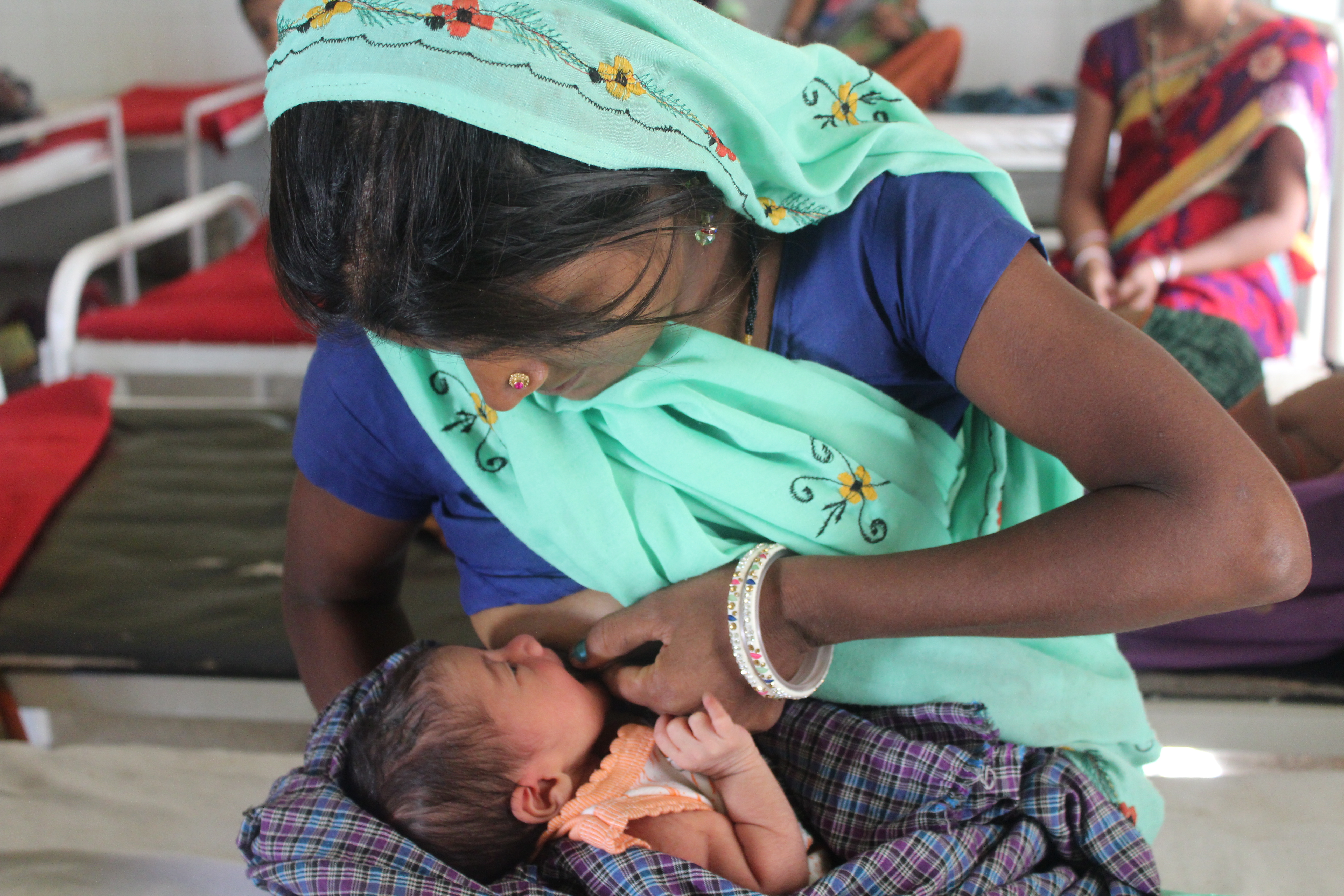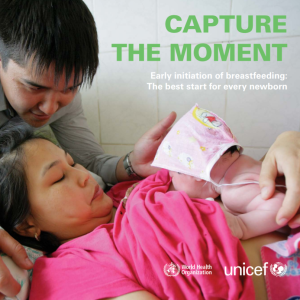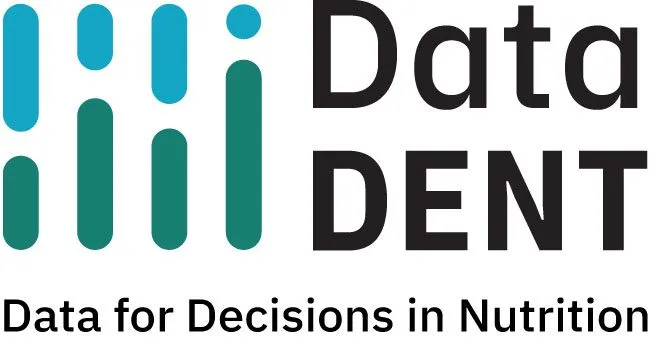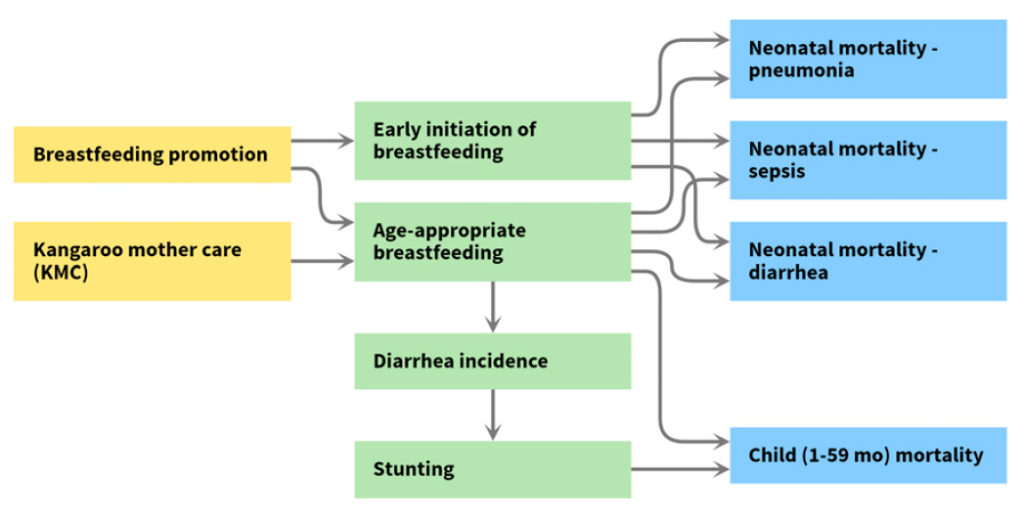
Breastfeeding gives children the best start in life by providing a critical foundation for growth, development, and nutrition. World Breastfeeding Week, celebrated every August 1-7, provides the opportunity to reflect on trends, identify the challenges, and encourage action to support breastfeeding practice, promotion and policies.
Last week the World Health Organization (WHO) and the United Nations Children’s Fund (UNICEF) released the 2018 report Capture the Moment, which focuses on early initiation of breastfeeding – the practice of initiating breastfeeding within the first hour of a child being born. According to the WHO, three out of every five babies are not breastfed within the first hour of life.
 The first few hours of life are especially risky period for newborns, and early initiation of breastfeeding can play an important role in improving child survival. Delays in the initiation of breastfeeding after birth is associated with higher rates of newborn infection and death. The report provides evidence that newborns who began breastfeeding more than an hour after birth – between 2 and 23 hours after birth – faced 33% greater risk of dying compared to those who breastfed within the first hour. If breastfeeding was delayed over 24 hours, the risk increased to 50%. Early initiation of breastfeeding and immediate skin-to-skin contact with the mother helps to regulate newborn body temperature, delivers beneficial bacteria to the newborn, provides vital antibodies which protect against disease, and decreases risk of newborns developing a cough or breathing difficulties.
The first few hours of life are especially risky period for newborns, and early initiation of breastfeeding can play an important role in improving child survival. Delays in the initiation of breastfeeding after birth is associated with higher rates of newborn infection and death. The report provides evidence that newborns who began breastfeeding more than an hour after birth – between 2 and 23 hours after birth – faced 33% greater risk of dying compared to those who breastfed within the first hour. If breastfeeding was delayed over 24 hours, the risk increased to 50%. Early initiation of breastfeeding and immediate skin-to-skin contact with the mother helps to regulate newborn body temperature, delivers beneficial bacteria to the newborn, provides vital antibodies which protect against disease, and decreases risk of newborns developing a cough or breathing difficulties.
Measuring early initiation of breastfeeding
Data included in the Capture the Moment report is from nationally representative surveys like the Demographic and Health Surveys (DHS) and Multiple Indicator Cluster Surveys (MICS), national nutrition surveys, and surveillance systems. Surveys calculate early initiation of breastfeeding by asking mothers with children under the age of two to recall whether their youngest child first breastfed within an hour of birth. Early initiation of breastfeeding is one of several breastfeeding practice indicators that DHS and MICS measure. While breastfeeding practice indicators are widely used by the global health community and considered part of a broader set of maternal, infant, and young child nutrition (MIYCN) measurements, recent studies have questioned whether breastfeeding practice indicators accurately represent intervention coverage. Indicators based on maternal recall can also be inaccurate (1-2).
Counseling promotes early initiation of breastfeeding
One way to encourage early initiation of breastfeeding is by counselling mothers on the benefits of breastfeeding and optimal breastfeeding practices. Breastfeeding promotion has a direct impact on both early initiation of breastfeeding and age-appropriate breastfeeding (see Figure 1).
The Baby Friendly Hospital Initiative (BFHI) promotes breastfeeding through a list of Ten Steps to Successful Breastfeeding. The guidance, which was launched in 1991, was revised this year. Updates to the Ten Steps to Successful Breastfeeding include new management procedures and clinical practices such as establishing ongoing data-management systems and facilitating immediate skin-to-skin contact with mothers and newborns to encourage early breastfeeding.
The Capture the Moment reports that compliance to the Ten Steps to Successful Breastfeeding significantly improves breastfeeding rates, including early initiation of breastfeeding immediately after birth, exclusive breastfeeding, and total duration of breastfeeding. The BFHI guidance should be reflected in government policies to ensure health professionals are providing the best care to mothers and newborns in their first hours and days of life.
Breastfeeding counselling indicators
Given breastfeeding counselling’s key role on promoting early initiation of breastfeeding, there is growing interest in developing indicators to measure breastfeeding counseling. There are currently no standard breastfeeding counseling indicators. Furthermore, defining and calculating such indicators is challenging given variation in interventions and data collected. DataDENT is collaborating with Alive & Thrive, IFPRI, and WHO-UNICEF Technical Expert Advisory Group on Nutrition Monitoring (TEAM) to review existing approaches to measuring MIYCN counseling coverage, including breastfeeding, and developing related guidance.
The Capture the Moment report is a critical reflection of progress and existing challenges promoting early initiation of breastfeeding. Advancing methods to measure early initiation of breastfeeding and breastfeeding counselling is important to assess continued progress towards reducing infant mortality and malnutrition.
- Li R, Scanlon KS, Serdula MK. The validity and reliability of maternal recall of breastfeeding practice. Nutrition reviews. 2005 Apr;63(4):103-10.
- Bryce J, Arnold F, Blanc A, Hancioglu A, Newby H, Requejo J, Wardlaw T, CHERG Working Group on Improving Coverage Measurement. Measuring coverage in MNCH: new findings, new strategies, and recommendations for action. PLoS medicine. 2013 May 7;10(5):e1001423.
- Clermont A, Walker N. Nutrition Interventions in the Lives Saved Tool (LiST). The Journal of nutrition. 2017 Sep 13;147(11):2132S-40S.

